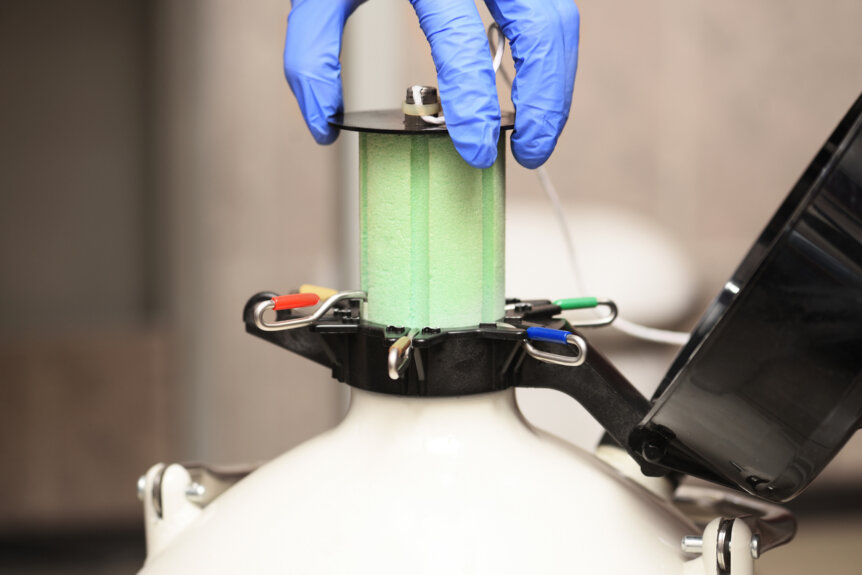Following the United States Supreme Court’s decision in Dobbs, which overturned Roe v. Wade, the Texas Human Life Protection Act took effect. This law defines an “unborn child” as “an individual living member of the homo sapiens species from fertilization through birth, including the entire embryonic and fetal stages of development.” Tex Health & Safety Code § 170A.001(5).
The basic mechanism of in vitro fertilization (IVF), a common medical procedure to help a person achieve a pregnancy, involves removing eggs from the body and fertilizing them in a lab environment to create embryos. Embryos are then cryopreserved for later implantation. While IVF has undoubtedly helped countless achieve the family they want, it can also create complicated issues when couples separate.
One such dispute occurred between the Antouns, a divorcing couple in Texas. Antoun v. Antoun, 2023 Tex. App. LEXIS 5096. The Antouns underwent a round of IVF during their marriage, which resulted in the birth of two children. At the time of their divorce, there were three more embryos that were cryogenically preserved and in storage at the fertility clinic. Before undergoing treatment, the clinic prepared a consent form which both parties signed indicating their wishes for disposition of the embryos in the event the couple divorced. A basic premise of this type of contract is that embryos are property that can be owned, transferred, donated, or disposed of.
In awarding ownership of the embryos to the husband, the trial court applied the plain language of the consent form. The form clearly stated that it was the husband who would have the right to make disposition decisions related to the embryos if the parties divorced. Nevertheless, the wife argued that the embryos should not have been treated as property, but rather as unborn children. She suggested that the trial court’s award infringed on her parental rights to the embryos.
On appeal, the Court of Appeals of Texas rejected the wife’s argument, holding that cryopreserved stored embryos are not ‘unborn children’ under the Texas Human Life Protection Act. Although the definition of an ‘unborn child’ under this act begins at fertilization, the legislative context of this definition is in relation to “Abortion” which is also defined by statute as “caus[ing] the death of an unborn child of a woman known to be pregnant.” Tex Health & Safety Code § 245.002 (emphasis added).
This decision, at least for now, continues to treat embryos as property. Parties can continue to create enforceable contracts regarding embryo disposition in Texas.
In the long run, it is still possible that Texas law may consider embryos created during IVF as more than just property. Perhaps notably, Judge Elizabeth Kurr wrote a concurring opinion in this case urging the Texas legislature to consider the issue. Her position is that “[f]rozen or not, embryos are human life” and she urged the Texas Legislature to take up “policies that protect embryonic life”. Whether or not the Legislature will do so remains to be seen. The Supreme Court of Texas may also choose to hear the case, as a Petition for review has been filed.
If you need assistance with matters involving cryopreserved gametes or embryos in Texas, Rincker Law can help.

